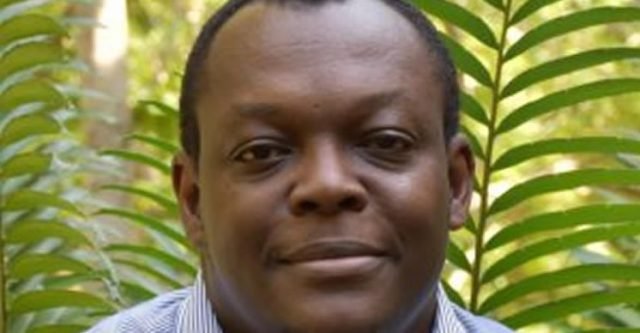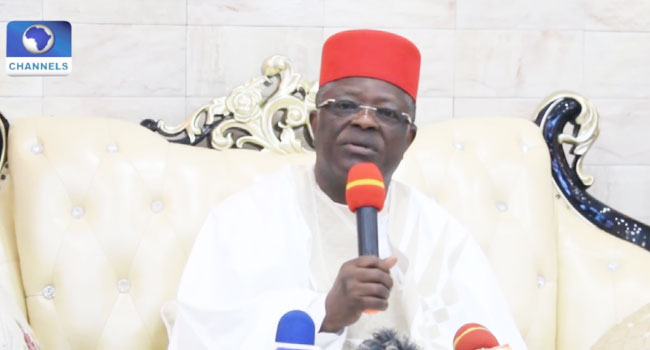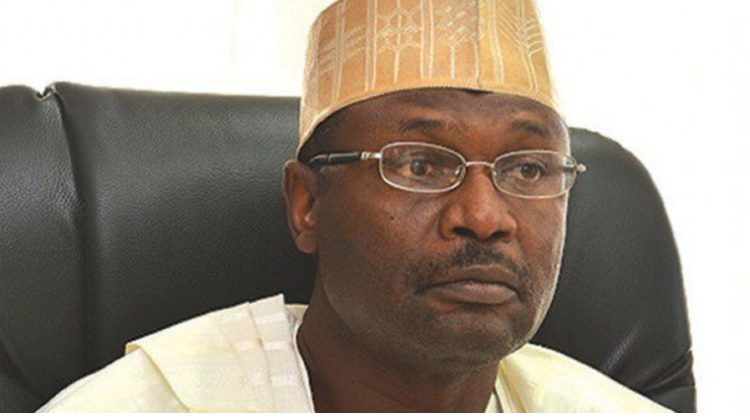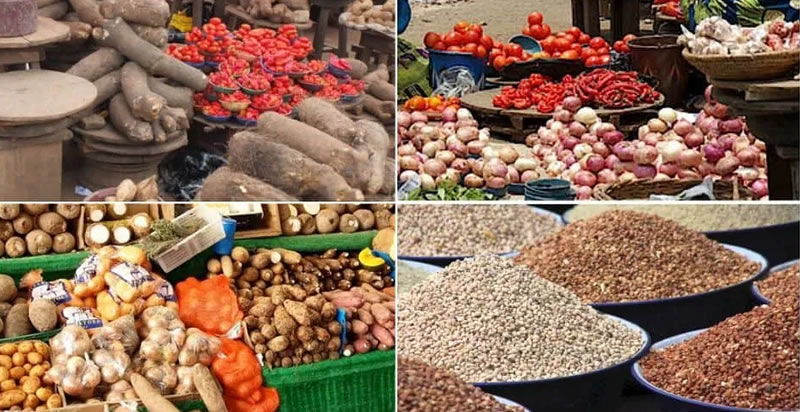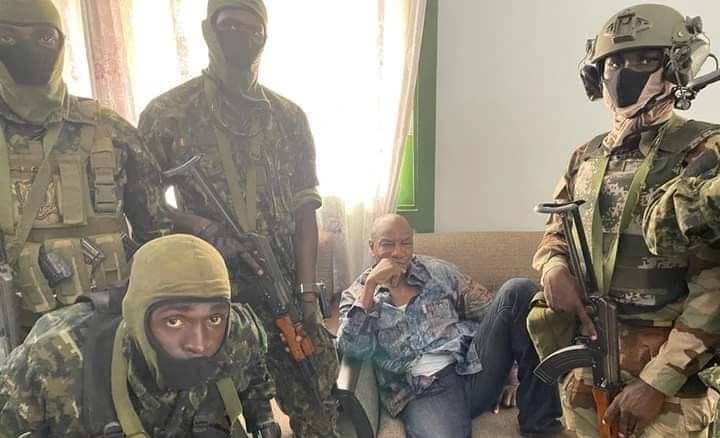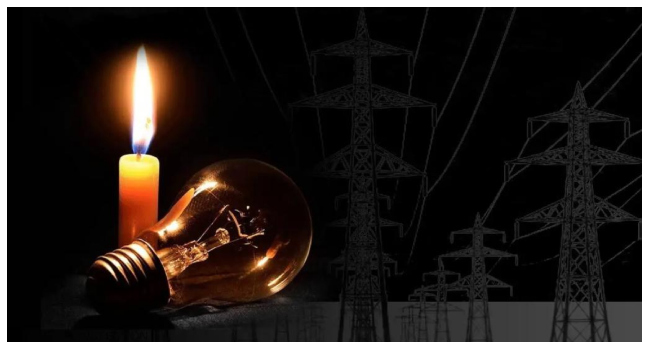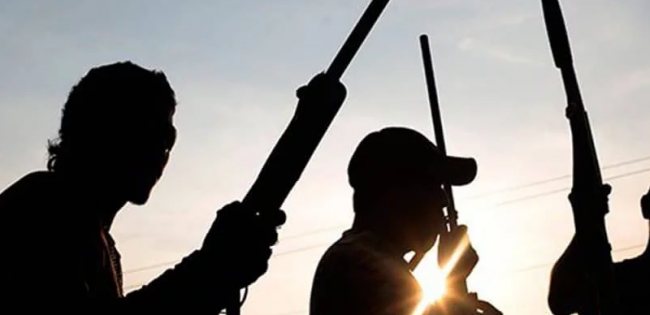Buhari appoints Ifedayo Adetifa new NCDC Director-General
The President Muhammadu Buhari has approved the appointment of Dr Ifedayo Morayo Adetifa as the new Director-General of Nigeria Centre for Disease Control. Adetifa will replace Chikwe Ihekweazu who was recently appointed an assistant director-general of the global health body – World Health Organisation. A statement issued by Garba Shehu, Senior Special Assistant to the […]

